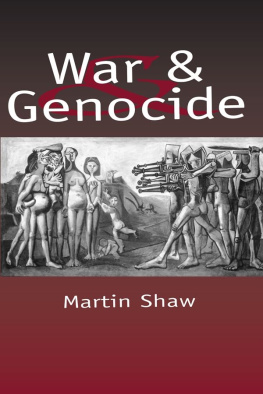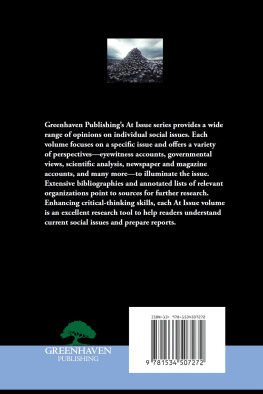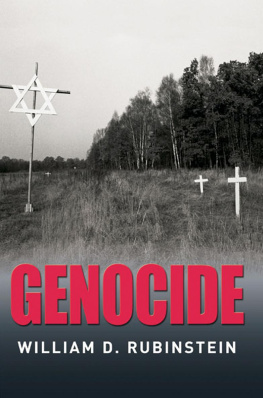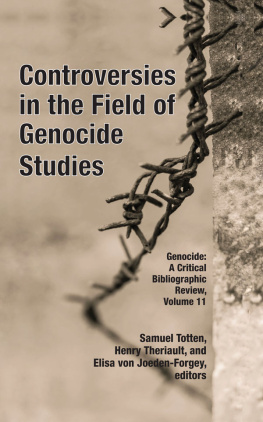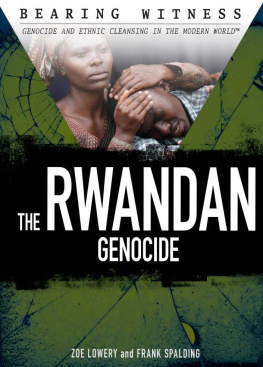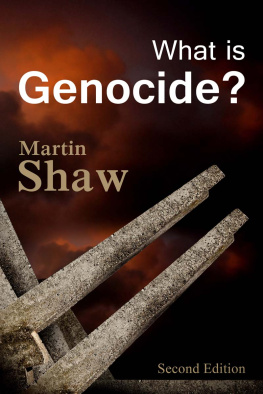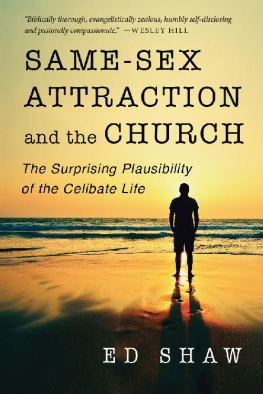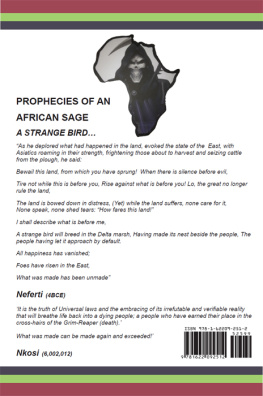Martin Shaw - War and Genocide
Here you can read online Martin Shaw - War and Genocide full text of the book (entire story) in english for free. Download pdf and epub, get meaning, cover and reviews about this ebook. year: 2015, publisher: Wiley, genre: Politics. Description of the work, (preface) as well as reviews are available. Best literature library LitArk.com created for fans of good reading and offers a wide selection of genres:
Romance novel
Science fiction
Adventure
Detective
Science
History
Home and family
Prose
Art
Politics
Computer
Non-fiction
Religion
Business
Children
Humor
Choose a favorite category and find really read worthwhile books. Enjoy immersion in the world of imagination, feel the emotions of the characters or learn something new for yourself, make an fascinating discovery.
- Book:War and Genocide
- Author:
- Publisher:Wiley
- Genre:
- Year:2015
- Rating:5 / 5
- Favourites:Add to favourites
- Your mark:
- 100
- 1
- 2
- 3
- 4
- 5
War and Genocide: summary, description and annotation
We offer to read an annotation, description, summary or preface (depends on what the author of the book "War and Genocide" wrote himself). If you haven't found the necessary information about the book — write in the comments, we will try to find it.
War and Genocide — read online for free the complete book (whole text) full work
Below is the text of the book, divided by pages. System saving the place of the last page read, allows you to conveniently read the book "War and Genocide" online for free, without having to search again every time where you left off. Put a bookmark, and you can go to the page where you finished reading at any time.
Font size:
Interval:
Bookmark:
Contents

Copyright Martin Shaw 2003
The right of Martin Shaw to be identified as Author of this Work has been asserted in accordance with the UK Copyright, Designs and Patents Act 1988.
First published in 2003 by Polity Press in association with Blackwell Publishing Ltd.
Reprinted 2008
Editorial office:
Polity Press
65 Bridge Street
Cambridge CB2 1UR, UK
Marketing and production:
Blackwell Publishing Ltd
108 Cowley Road
Oxford OX4 1JF, UK
Distributed in the USA by
Blackwell Publishing Inc.
350 Main Street
Malden, MA 02148, USA
All rights reserved. Except for the quotation of short passages for the purposes of criticism and review, no part of this publication may be reproduced, stored in a retrieval system, or transmitted, in any form or by any means, electronic, mechanical, photocopying, recording or otherwise, without the prior permission of the publisher.
A catalogue record for this book is available from the British Library.
Library of Congress Cataloging-in-Publication Data
Shaw, Martin.
War and genocide: organized killing in modern society/Martin Shaw. p. cm.
Includes bibliographical references and index.
ISBN 978-0-7456-1906-4 (hb)ISBN 978-0-7456-1907-1 (pb)
1. War. 2. Genocide. 3. Military history, Modern-20th century.
I. Title.
U21.2.S523 2003
304.6'63dc21
2002151767
For further information on Polity, visit our website: www.polity.co.uk
Boxes
Tables
Acknowledgements
I gratefully acknowledge the financial support of the Leverhulme Trust, who granted me a Research Fellowship in 2000, in order to research and write this book, as well as of the University of Sussex, for a terms study leave in 19992000. At Polity, Tony Giddens pushed me to write this book in the first place, and the comments of my editor, Rachel Kerr, and three anonymous reviewers were both encouraging and helpful. I wish to express my gratitude to colleagues and students at Sussex with whom I have tested these ideas over the last few years. Many intellectual debts are, I hope, apparent in the pages that follow.
I broke a leg badly at a crucial stage in the preparation of the book, and I appreciated enormously the skill and care of National Health Service medical staff at the Royal Sussex County Hospital, Brighton, in helping me make a full recovery. This experience of accidental harm made me realize even more how terrible it is that people cause deliberate physical harm to others in war and that so many victims lack the care that I received for my injury. I was enormously fortunate in having the loving support of my family throughout this difficult time, and during the writing of this book. What I owe to Annabel cannot be measured.
Martin Shaw, Brighton, 2002
Introduction
In the twentieth century, human beings killed each other on a horrendous scale. They did it most obviously in wars, including two world wars. They also did it in politically motivated slaughter that came to be known (from mid-century on) as genocide. This kind of killing was not new, of course, but it did have terrible new characteristics that made people think differently about it and so led to this new label. This book is about the relationships between these two kinds of killing, war and genocide, and about how both are produced by and affect modern society.
At the dawn of the twenty-first century, many people in the Western world thought that they had left these kinds of slaughter behind. Others, aware that mass killing of civilians was still part of war in other regions of the world, hoped that international institutions would gradually develop ways of dealing with these problems. But few expected that mass killing would be brought home to the advanced West, as it was to New York and Washington, DC, on 11 September 2001. At the beginning of a new century, this shocking terrorist massacre reminded us that slaughter remains a fundamental problem for the entire world.
This book starts from the assumption that one of the most urgent problems of humankind is to prevent things like this being done to anyone, anywhere, by states as much as by terrorists. In order to prevent slaughter, however, we need to understand its roots in politics and society: to understand war and genocide historically and sociologically. To grasp the new dangers in the emerging global world, we need to know where we have come from to look again at the last century of extraordinary violence which some hoped we had escaped.
In the twentieth century, the age of mass society and industrial technology, killing became doubly democratic. Huge sections of society became involved in fighting, and even more in supplying the killing machines. At the same time, many sections of society became targets and victims. Civilians constituted the majority among the tens of millions who died in the biggest killing episode of human history to date, the Second World War. Today we are in danger of forgetting that even this slaughter threatened to be just a curtain-raiser. For most of the second half of the century there was a threat of worldwide nuclear war, in which hundreds of millions of people could have been killed and the very survival of human society could have been threatened. Despite the end of the Cold War, this kind of war could still be fought in the twenty-first century, as many states and possibly other organizations possess nuclear and other weapons of mass destruction.
Not surprisingly, the danger of nuclear war reinforced the lesson of actual slaughter earlier in the century: that war was a supremely inhuman activity. Many people came to question what had been taken for granted in earlier periods that war was a legitimate way of pursuing political goals. At the beginning of our new century, however, this ultimate threat of global destruction appears to have receded. Although more states have nuclear weapons, the end of the Cold War seems to have lessened the danger of conflagration. The world is groping once more towards the global order that was glimpsed briefly when the United Nations Organization was established in 1945. But because war no longer appears directly threatening its dangers either long ago or far away Western governments have been followed by many among their peoples in seeing more limited forms of war as increasingly necessary and viable.
Yet slaughter is still near the forefront of all those minds, even in Western societies, which engage with larger historical questions. The quintessential genocide of the twentieth century, the Nazis extermination of the Jews, which became known as the Holocaust, preoccupies Western society more than ever before as the new century begins. And contemporary slaughter is not so distant: even before 11 September 2001, it erupted on the edges of Europe (across former Soviet and Yugoslav territories) as well as in many regions of Africa, Asia, Latin America and the Middle East. Wars of the new era frequently involve albeit on a smaller scale than during the world wars deliberate mass killings of civilians. Thanks to television, even the most distant wars can come straight into the living rooms of comfortable Westerners. Through mass media, new victims of slaughter demand the same justice that is sought retrospectively for the victims of earlier periods.
How then should we think and read about war? Colossal literatures commemorate even celebrate the immense struggles of the last century, down to the last detail of each battle (not to mention tank and aircraft design). Every bookshops history section is weighed down with apparently popular hardback tomes which, while often conveying the enormity of events, generally legitimate the practice of war by the good in modern history. Similar literatures also celebrate the more recent efforts of Western armed forces in places like the Persian Gulf, Kosovo and Afghanistan.
Next pageFont size:
Interval:
Bookmark:
Similar books «War and Genocide»
Look at similar books to War and Genocide. We have selected literature similar in name and meaning in the hope of providing readers with more options to find new, interesting, not yet read works.
Discussion, reviews of the book War and Genocide and just readers' own opinions. Leave your comments, write what you think about the work, its meaning or the main characters. Specify what exactly you liked and what you didn't like, and why you think so.

